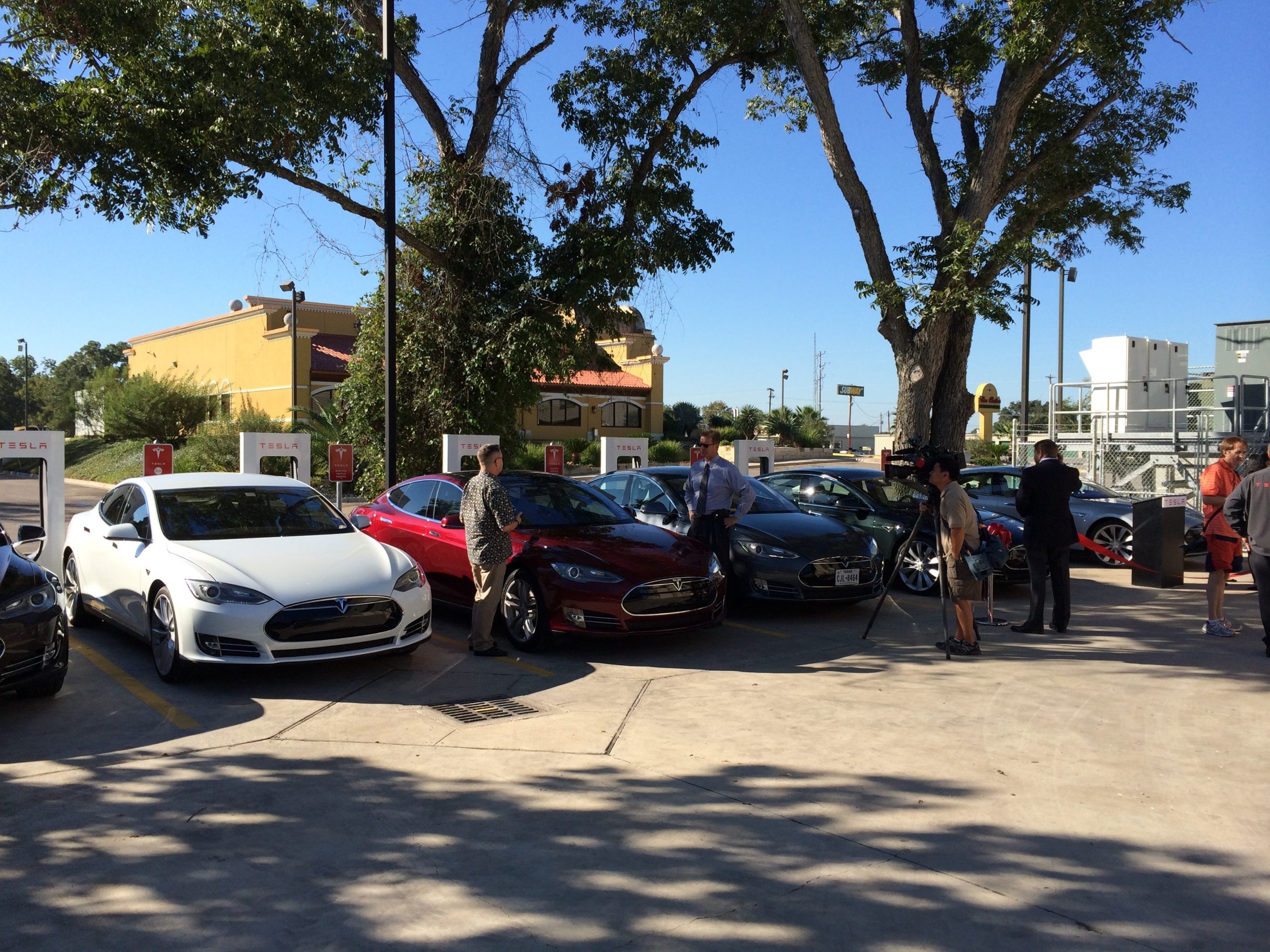The Tesla Model S has long been lauded as a groundbreaking electric vehicle, and for good reason. For many drivers, the Model S seamlessly integrates into daily life, easily handling commutes even exceeding 150 miles, provided overnight charging is available. However, the ownership journey isn’t without its potential bumps, particularly when considering longer road trips where Supercharger access might be limited, or when relying solely on a standard 110V outlet for charging at locations like a friend’s house. In such situations, Tesla dealerships or public electric car charging stations can become essential resources.
The Frustrating Fight to Buy a Tesla Model S
Perhaps one of the most significant drawbacks for prospective Tesla Model S owners is the often convoluted purchasing process. This is especially true in states like Texas, where entrenched auto dealership lobbies have actively hindered Tesla’s direct-to-consumer sales model. At the Columbus Supercharger opening on October 9, 2013, I spoke with numerous Texas-based Tesla owners who shared strikingly similar stories of a needlessly complex buying experience. To purchase a Tesla Model S in Texas, buyers are often required to complete the transaction as if buying from California – remotely, either online or over the phone. The vehicle is then shipped to Texas for delivery. While handling Texas state sales tax and vehicle registration independently isn’t unusual for out-of-state car purchases, it adds an extra layer of complexity.
An even more significant hurdle in states with restrictive franchise laws like Texas is vehicle servicing. These regulations often prevent Tesla from directly offering service within the state, or at least, from allowing customers to directly schedule service appointments. Instead, owners must navigate a cumbersome process involving contacting Tesla’s corporate headquarters in California, detailing the issue, and then relying on the California office to arrange a service appointment on their behalf. This indirect approach to service can introduce delays and frustrations for Tesla Model S owners.
Are Dealership Franchise Laws Protecting Consumers or Dealerships?
These seemingly outdated franchise laws, prevalent in states like Texas, are ostensibly designed to “protect” consumers. Historically, dealership franchise laws were intended to prevent automakers from manipulating car prices by controlling the entire distribution chain or engaging in price collusion. However, in today’s automotive landscape, these laws appear to primarily benefit established franchised dealerships, often at the expense of consumers. There’s little evidence to suggest that purchasing a vehicle directly from a manufacturer like Tesla would result in less favorable pricing compared to an independent dealership. In fact, many argue that direct sales models offer a significantly better and more transparent buying experience. While a small segment of the population might enjoy the traditional car buying experience, complete with haggling and negotiation tactics, for the majority, purchasing a car through a dealership remains a less than ideal process. The Tesla Model S, despite being a technologically advanced and desirable vehicle, highlights how outdated dealership laws can create unnecessary obstacles in the ownership experience.

